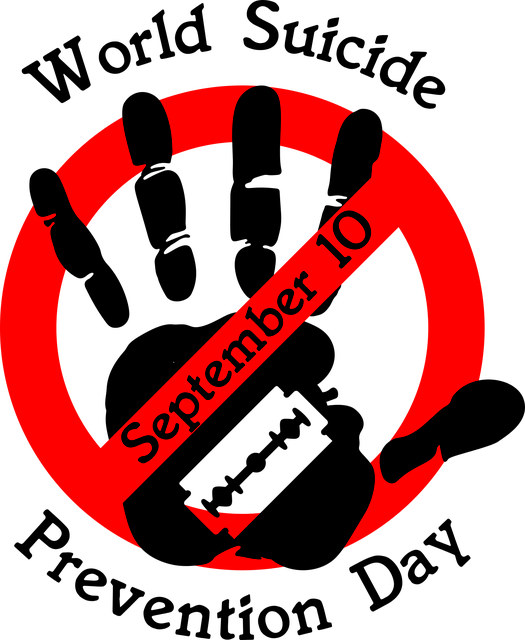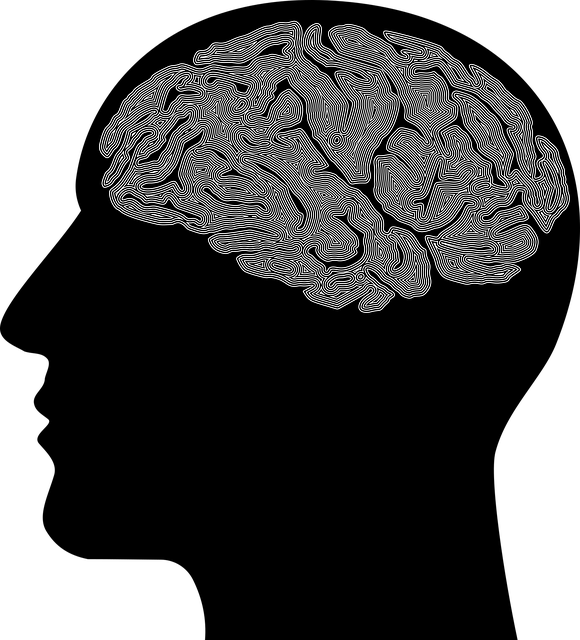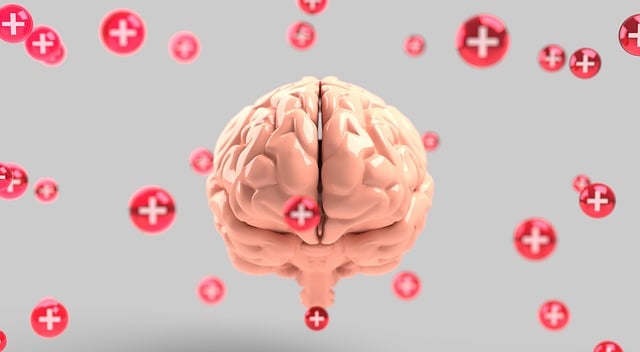Mental wellness group dynamics thrive on open communication, empathy, and active listening facilitated by skilled professionals using techniques like Superior First Responders Therapy (SFRT). Through SFRT, facilitators guide participants in building trust, sharing experiences, and learning coping strategies. Active journaling, peer encouragement, and mood management exercises empower individuals to overcome challenges together while creating a supportive community that enhances overall mental wellness.
Mental wellness group facilitation plays a crucial role in fostering collective support and enhancing individual growth. This article explores dynamic techniques for leading therapeutic groups, focusing on understanding unique mental health challenges within a group setting. We delve into effective communication strategies, offering insights for facilitators to create a safe space. Furthermore, we discuss empowering participants through engagement and support, highlighting the importance of these skills in Superior First Responders Therapy.
- Understanding Mental Wellness Group Dynamics
- Effective Communication Strategies for Facilitators
- Empowering Participants: Engagement and Support Techniques
Understanding Mental Wellness Group Dynamics

Understanding Mental wellness group dynamics is crucial for effective facilitation. In a group setting, individuals with shared experiences come together to support and learn from each other, creating a unique therapeutic environment. Facilitators act as superior first responders, guiding participants through emotional healing processes by fostering open communication, ensuring everyone feels heard and respected. This nurturing atmosphere encourages vulnerability, which is essential for building trust and strengthening bonds among group members.
Through active participation in mental wellness journaling exercises, individuals can gain valuable insights into their thoughts and emotions. Group dynamics further enhance this process by providing a safe space for sharing reflections and receiving encouragement from peers. By combining these techniques, facilitators not only promote individual confidence boosting but also create a supportive community that empowers members to navigate challenges together.
Effective Communication Strategies for Facilitators

Effective communication is a cornerstone for successful group facilitation, especially when employing Superior First Responders Therapy techniques. Facilitators must be adept at conveying information, listening actively, and fostering an environment that encourages open dialogue. Using simple, clear language and avoiding jargon ensures all members feel comfortable expressing their thoughts and emotions. This involves tailoring communication styles to diverse personalities, incorporating non-verbal cues, and demonstrating empathy to build trust.
In the context of group therapy, facilitators can leverage Self-Awareness Exercises and Resilience Building activities to enhance communication dynamics. By guiding participants through these exercises, facilitators encourage introspection and thoughtful responses. Additionally, teaching Mood Management strategies enables members to articulate their feelings effectively, contributing to a more supportive and productive discussion. Through these techniques, facilitators create a safe space where individuals can share their experiences, challenge perspectives, and ultimately, foster meaningful connections within the group.
Empowering Participants: Engagement and Support Techniques

In facilitating mental wellness groups, one of the most impactful ways to empower participants is through active engagement and supportive techniques. This involves creating a safe and non-judgmental space where individuals feel comfortable sharing their experiences. Techniques such as active listening, open-ended questioning, and validating emotions encourage participants to express themselves freely. By fostering an environment that promotes dialogue and empathy, facilitators can help members build resilience and inner strength.
Using Superior First Responders Therapy (SFRT) principles, facilitators can guide discussions that address past traumas effectively. SFRT techniques include helping participants identify and challenge unhelpful thoughts and beliefs, teaching them coping strategies for managing stress and anxiety, and promoting self-compassion. Integrating Trauma Support Services within the group setting allows members to develop a sense of community while receiving individualized care, ultimately enhancing their overall mental wellness.
Mental wellness group facilitation is a powerful tool, fostering community and healing through shared experiences. By understanding dynamic group behaviors, employing effective communication strategies, and empowering participants with engaging techniques, facilitators can create a safe and supportive environment. This approach not only enhances individual mental wellness but also equips members with valuable coping mechanisms, making them superior first responders to their own emotional needs. Through consistent practice, these techniques can revolutionize mental health support networks, offering accessible and impactful solutions.














